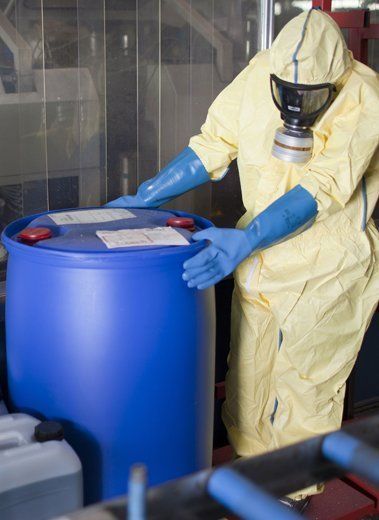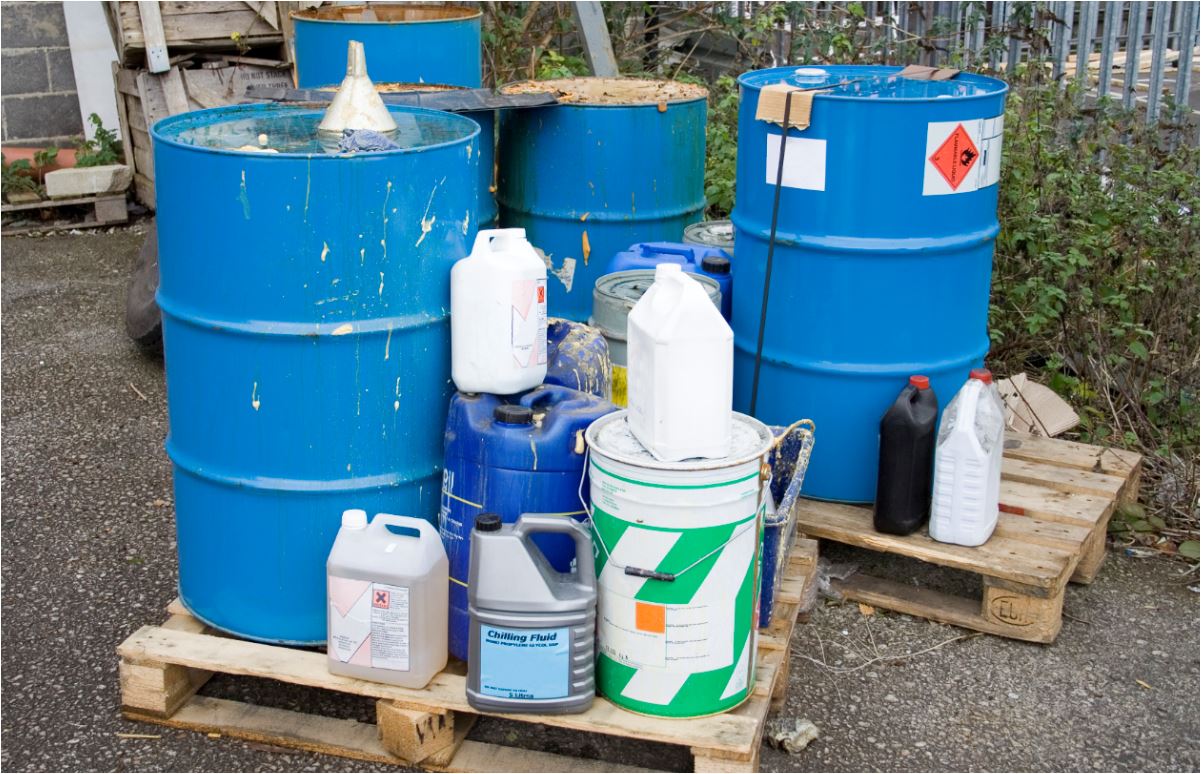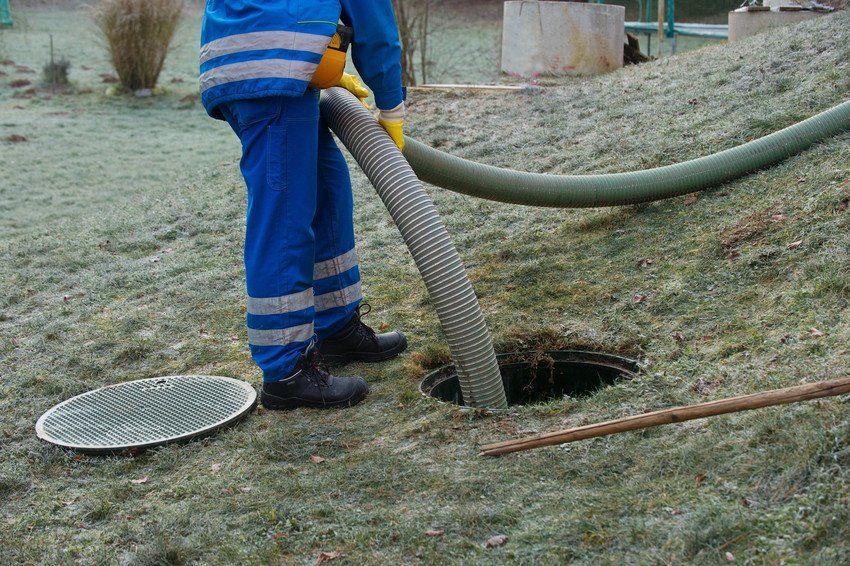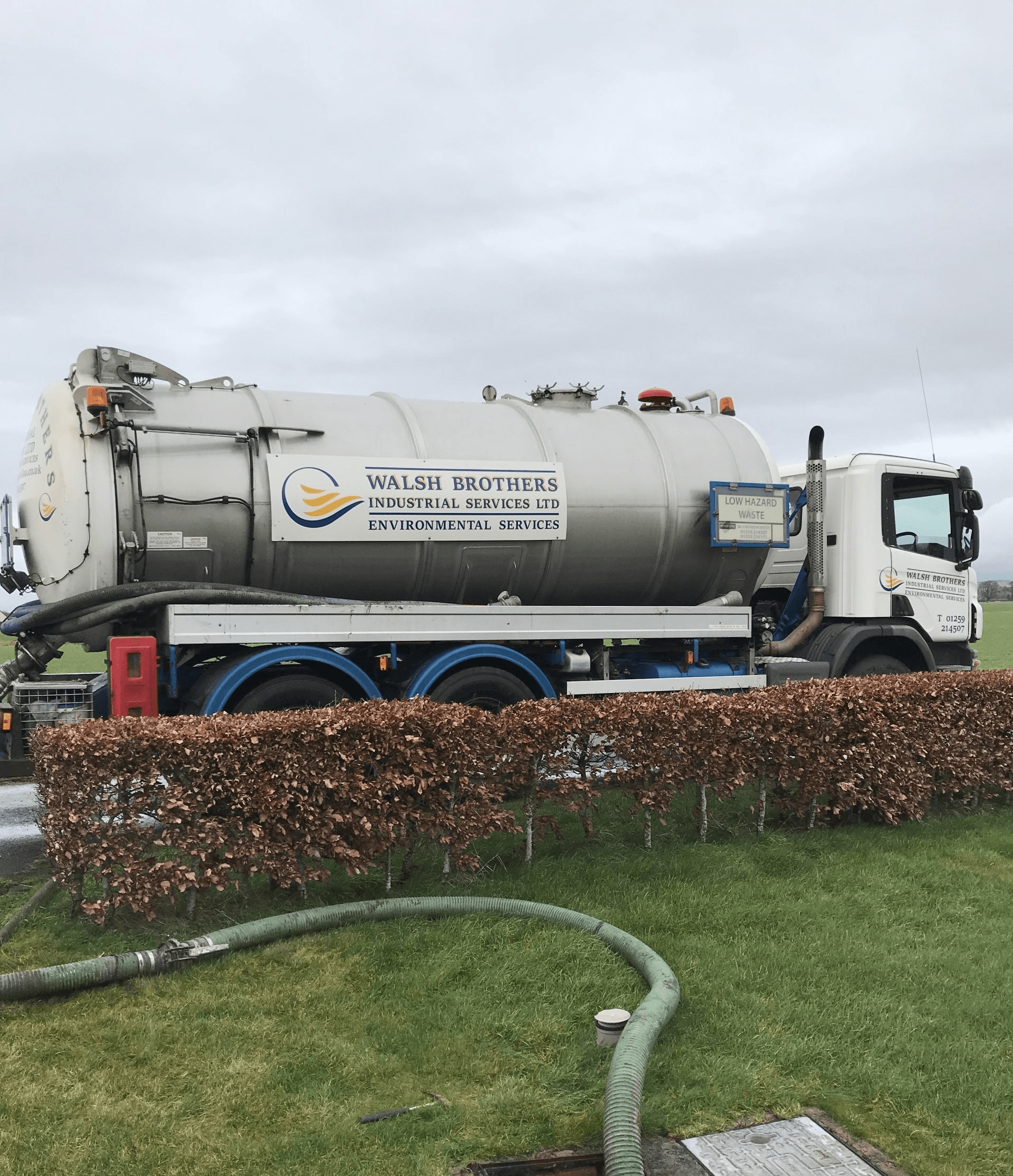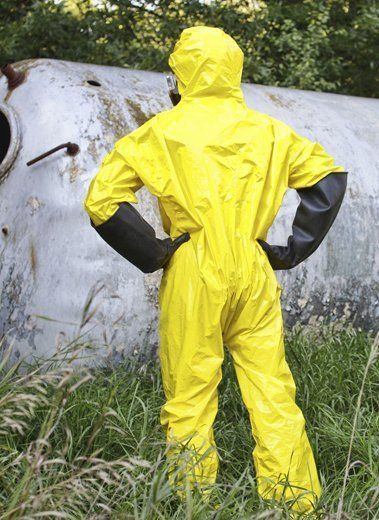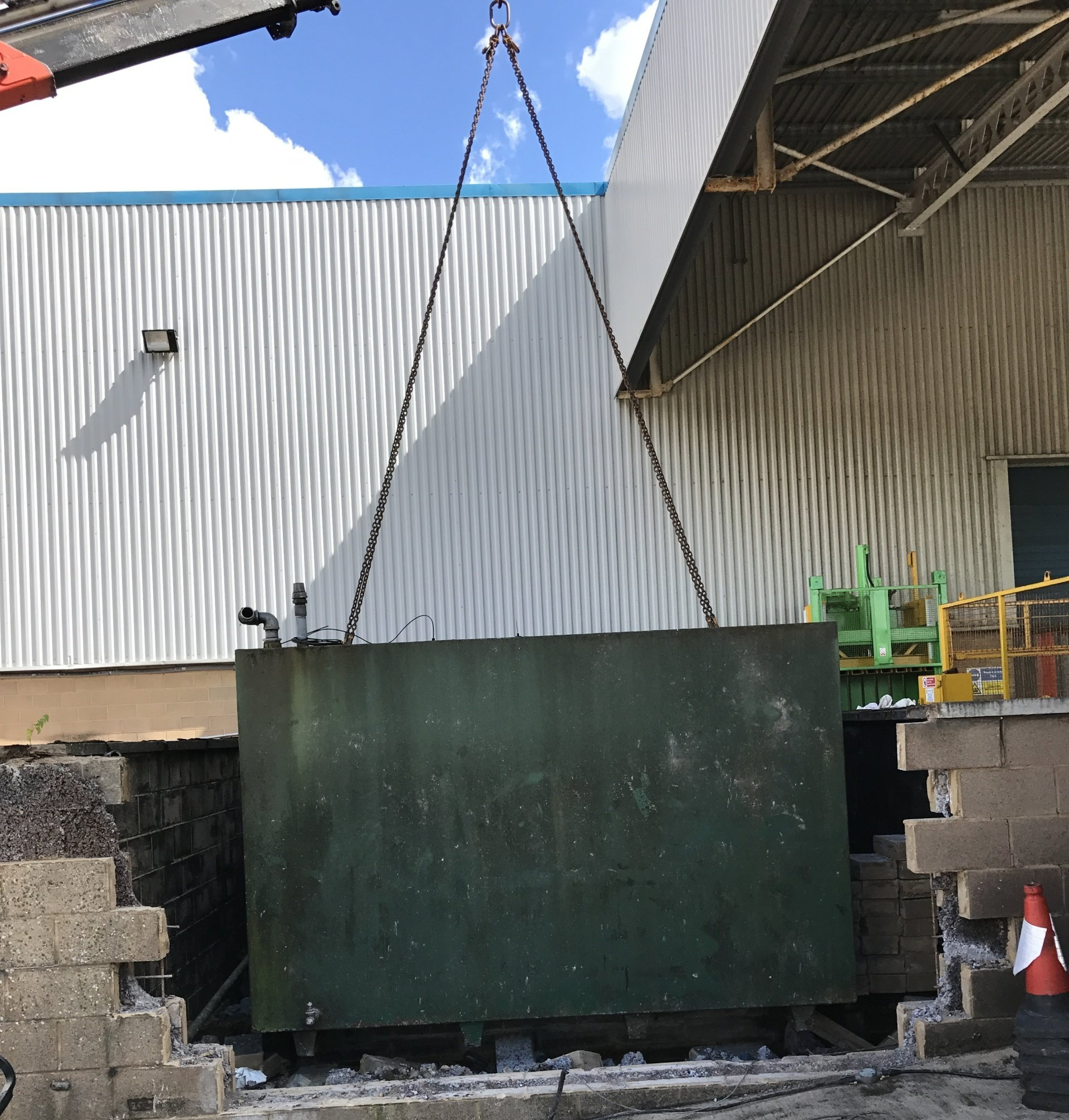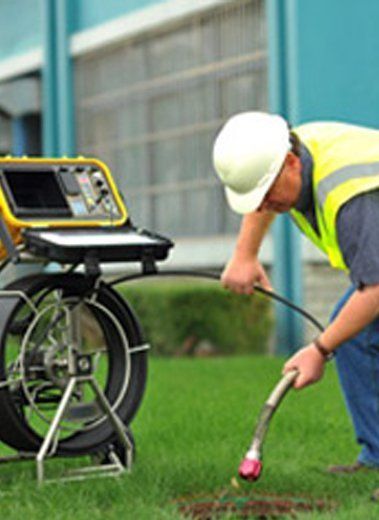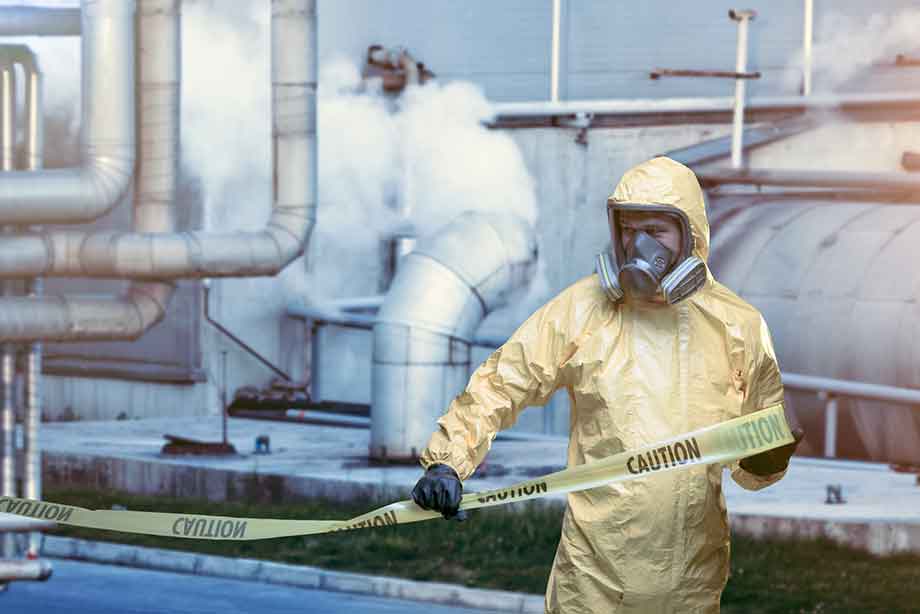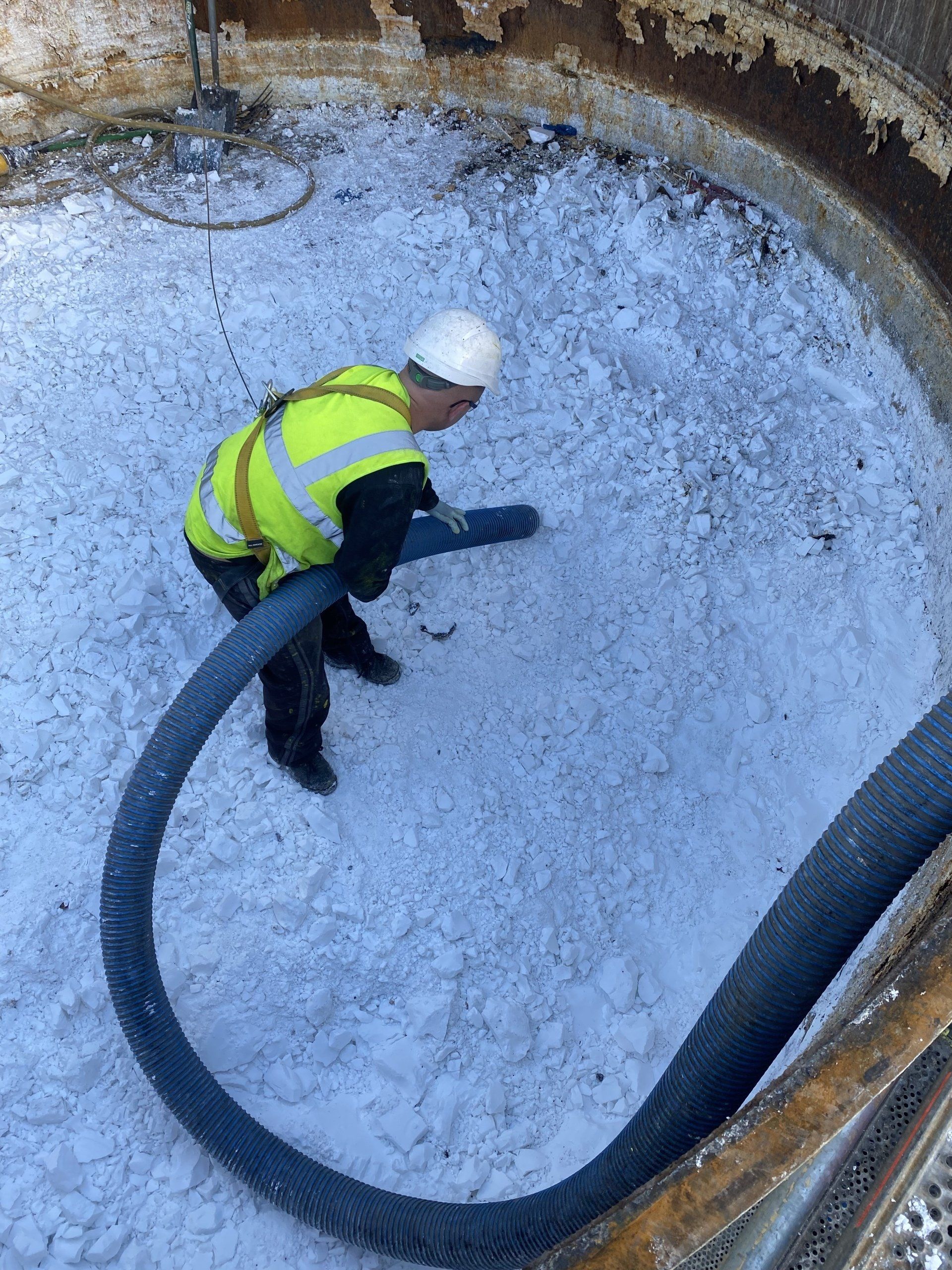Oil Tank Cleaning Services: Why You Should Leave Marine Cleaning to the Experts
Oil Tank Cleaning Services: Why You Should Leave Marine Cleaning to the Experts
Cleaning a ship’s oil or ballast tank is a common and essential process within the marine industry. Doing so can help ensure the quality of fuel products as they are transported from continent to continent as well as improve fuel pump efficiency and more. Without a clean oil tank, ballast tank or hull, you could inadvertently be transporting bio-fouling materials and aquatic diseases across borders. As well as this, you’ll need a clean oil tank to ensure that you reduce the number of contaminants in a tank and improve the quality of the products you are shipping.
However, especially for larger ships, you should always rely on services from professionals for your tank cleaning. Attempting to do so yourself can lead to accidents and inefficiencies in your ship’s operations. Here, we take a look at the importance of oil tank cleaning services and why you must
leave marine cleaning to the professionals.
Reasons You Need To Clean Marine Shipping Vessels Regularly
Marine ships must be cleaned and properly maintained to protect the cargo, the passengers and the efficiency of the vessel. Without an adequate cleaning and maintenance programme, you can run into a range of issues.
To Ensure That You Carry Clean Ballast
Ballast is an essential part of any marine ship. Ballast water sits in a tank at the bottom of a ship and is used to adjust the overall weight of a ship, depending on the load it is carrying. Managing your ballast correctly will ensure that the ship remains stable and upright and improves manoeuvrability during a journey.
As ballast water is pumped into the ballast tank, bacteria and small creatures can get sucked in and survive in the tank. When discharged, new invasive species can enter new environments, which can impact the equilibrium of the habitat. Using chemical disinfection, filtration systems and regular cleaning can help ensure every ship carries clean ballast to prevent this issue.
Removing Gas For Regular Inspections
You must inspect oil and fuel tanks regularly to ensure that health and safety practices are observed property. However, before inspections can take place, the gas must be removed and the tanks cleaned by removing hydrocarbons and residue so that the tank can be inspected safely.
Removing Sediment
Particularly if a ship is in the business of transporting fuel internationally, all sediment must be removed from the tank. This sediment can cause contamination to fuel if left unwashed and untreated, potentially ruining a delivery.
Washing The Hull Stops The Spread of Aquatic Disease
Moving away from the oil tank, it’s also essential for the hull of ships to be cleaned regularly. When bacteria and aquatic wildlife clings to the hull of s ship, they can carry aquatic diseases to new environments. Without adequate hull cleaning, marine vessels can carry as much as 20 tonnes of bio-fouling materials.
The Dangers Involved With Oil Tank Cleaning In Marine Shipping Vessels
When cleaning fuel and ballast tanks on ships, there is a range of risks involved for the inexperienced. Doing so yourself is never advised; here’s why.
Toxic Chemicals and Fumes
First and foremost, oil tanks are full of toxic chemicals and fumes which can be harmful. The correct protective equipment must be worn when cleaning a fuel tank.
Risk of Injury
As well as toxic fuels and chemicals, it’s possible to pick up serious injuries when cleaning a fuel tank. If you fall or slip and break a bone, and don’t know the correct safety precautions, the results can be catastrophic.
Why You Must Leave Ship Cleaning To The Professionals
With all of this in mind, you must always leave and oil tank cleaning jobs to the professionals.
They Have The Correct PPE
First and foremost, professional oil tank cleaners will have all of the necessary PPE to carry out the work safely and effectively. Cleaning an oil tank or ballast tank should never be attempted without the required PPE, as accidents can easily happen. The professionals will be suited and booted for the job, with all of the safety equipment they need to carry out the work properly.
Ship Cleaning Professionals Know The Tools They Require
As well as bringing all of the relevant protective equipment, working with professionals will ensure that all of the necessary tools are used. It’s essential to have the minimum number of people cleaning an oil tank at any one time, which requires them having the correct tools! As the space in an oil tank is very limited, the person cleaning the tank will have to have the experience and knowledge available to them to ensure they are using the space safely while completing the job effectively.
Professionals Can Spot The Signs of Danger and Know When To Take Breaks
Cleaning a ship’s oil tank can be dangerous. It requires patience and being attuned to the signs that there may be danger around the corner. During the process, it’s essential to take several breaks and be able to spot the signs of danger. All of this required a certain level of experience, which can only be gained through years on the job.
They Shouldn’t Miss Anything Crucial
Again, experienced oil tank cleaning professionals will know what exactly needs to be cleaned, how it needs to be cleaned and when the job is complete. Without the required experience, it’s easy to miss crucial steps in the process which could render the entire job useless. Without that experience, you could be doing a half-baked job that doesn’t do anyone any favours.
Different Tanks Sometimes Require Different Methods
The cleaning process for ballast tanks and oil tanks is different, requires different tools, equipment and experience. Therefore, working with an experienced professional, who knows these differences intimately, will ensure that all the tanks that need cleaning are completed to the highest possible standards.
Will Handle The Relevant Chemicals With Additional Care
As mentioned already, a range of harmful chemicals is used when cleaning ballast and oil tanks. Knowing how to handle these chemicals safely is essential. Without the knowledge of how to work with harmful chemicals, there is the possibility of serious accidents. Especially for oil tanks, harsh and dangerous chemicals are required. This requires a steady hand and the experience which comes with years in the industry.
Do You Require Boat and Ship Cleaning Services In Scotland? Contact Walsh Brothers Industrial Services Today
Here at Walsh Brothers Industrial Services, we’re the local professionals in Scotland when it comes to industrial cleaning, ship cleaning and bilge cleaning. With years of experience in the industry, we should be your go-to when it comes to industrial, commercial or domestic ship cleaning services. If you want to increase the lifespan of your ship or boat and ensure it’s operating at maximum efficiency, look no further!
Whether you require the oil, ballast or sewage tanks cleaned in your ship, we can provide you with the services that you require. We’ve been doing this for more than four decades, so we know what we’re doing! We’re SEPA licensed and abide by all of the relevant compliance requirements. So, if you require bilge cleaning services, industrial cleaning and more, get in touch with us.
To find out more about our services, feel free to contact us today. You can find us at 15-17 Castle Street Industrial Estate, Alloa, Clackmannanshire, FK10 1EU. Alternatively, call us on either 01259 214 507 or 07882 902 908 and email us at accounts@walsh-bros.co.uk.

